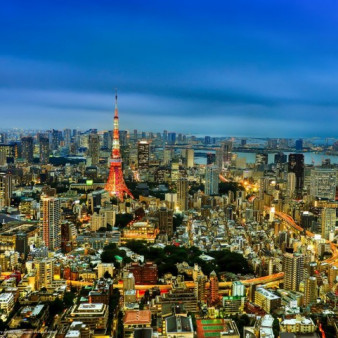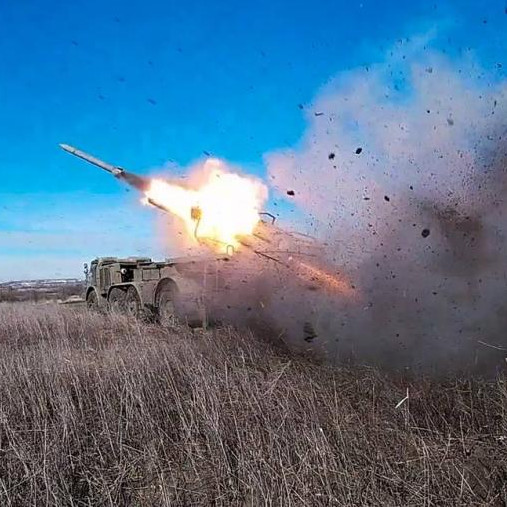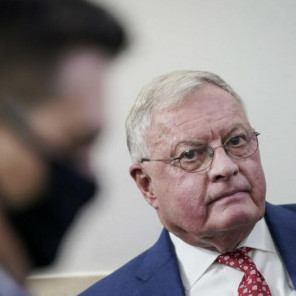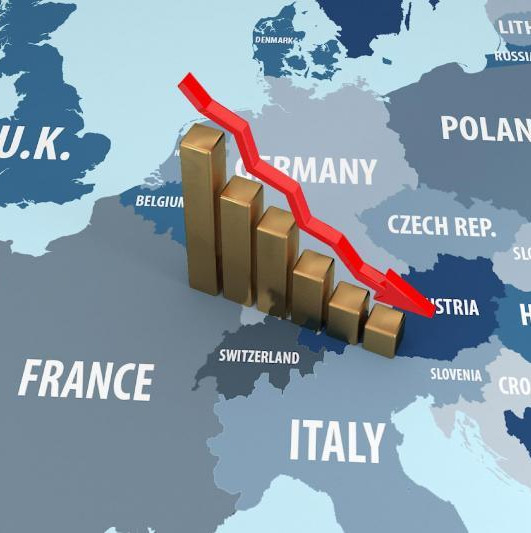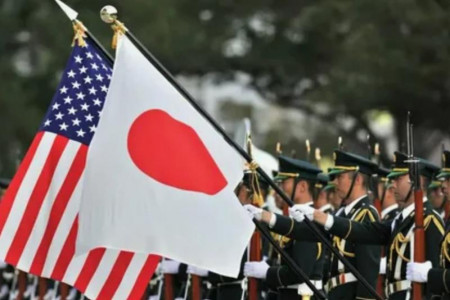
Trump cannot stop trolling Japan. Amid Tokyo's conciliatory position as regards higher tariffs on Japanese goods imported to the United States, the American president reiterated that the sides’ 1960 security treaty was "too one-sided." The POTUS is clearly going to use the tariff issue to dip into Japan’s pocket for US weapons and base maintenance.
"We pay hundreds of billions of dollars to defend them, but… they don't pay anything," Trump told reporters. "If we're ever attacked, they don't have to do a thing to protect us," he said, sarcastically calling the agreement a "great deal." This is partly true: the United States is bound to defend Japan under the treaty, certainly if its Congress approves military operations altogether. Automatism or guarantees are put of question here, especially in case of a nuclear power engaged.
A decade ago, Japan passed a non-constitutional law to defend the United States if anyone dares attacking it. But this scenario is purely hypothetical, with Tokyo simply trying to fill the gap in allied relations by making them sort of equal. But Trump makes little of it whatsoever.
He has repeatedly come up with remarks of the kind, making it clear that American protection is something to be paid for. Now, his rhetoric is in parallel with the upcoming negotiations on tariffs that his administration made reach 24 percent for Japan.
The US President pointed out that his country had long been treated unfairly within global trade, and voiced a sarcastic remark when mentioning the security treaty between the United States and Japan: "I just wonder who did this, and it's people that either hate our country or didn't care. It's just hard to believe how, how bad. Now, that's a little bit of a defense deal, but I'm talking about trade deals, the same thing."
The other day, Japanese Prime Minister Shigeru Ishiba initiated a telephone conversation with Trump, and the two agreed that a Japanese working-level delegation would visit Washington in the nearest future to discuss tariffs fraught with serious damage to Japan's economy. "Some of the mutual tariffs have been suspended, but nothing has changed as industries such as the automotive one, steel and aluminum production, which are the backbone of our country and the global economy in general, will be severely affected" by the US tariff policy, Ishiba told the government working group.
In fact, the Japanese will be first to sit with Washington on tariff mitigation. If not hampered, Economic Revitalization Minister Ryosei Akazawa is expected to meet with US Treasury Secretary Scott Bessent, who will coordinate negotiations.
The Japanese cheered up last week when US Secretary of Defense Pete Hegseth did not say a word (at least publicly) about the need to pay more for American political clout and spend more on their own defense. And yet, he voiced a hint the Japanese hardly liked at all. During a joint press conference after meeting with Defense Minister Gen Nakatani on March 30, Hegseth stated that "Japan would be on the front lines of any contingency we might face in the western Pacific.” As the phrase goes, "haggling is out of place here."
Meanwhile, the security treaty empowers the United States to deploy military bases in Japan. The number of US military personnel stationed in Japan is over 50,000 today, which is more than in any other country. As part of their maintenance cost-sharing, Tokyo pays an annual $2bn, which the United States uses on civilian personnel wages, utilities and equipment procurement. And the issue of increasing Japan's contribution has always been on the agenda of the sides’ bilateral talks.
A separate topic is higher defense spending by Japan itself. Tokyo has agreed to bring those up to two percent of GDP by 2027. In February, the two countries’ leaders met in Washington but did not specify parameters for further steps along this track, while in relation to Europe, the United States already announced a figure of five percent. For Japan, this would be even more appropriate given its place in the confrontation between the United States and China.
In any case, the link between problems of trade and defense spending has been clearly visible in Trump's Japan strategy, and also beyond.
On the other hand, with his remarks, Trump would probably like to cool down Tokyo’s enthusiasm as the last two weeks saw them hold a series of trilateral talks with China and South Korea, including on retaliation to America’s new trade policy. Also, they are in for a trilateral summit. Of course, under the current circumstances, Japan is still US closest military and political ally. But the Japanese have never given up on strengthening their bargaining point during their talks with Washington.
The same may be applied to information that Trump's decision to suspend duties was made after Japan started massively selling off American government bonds, entailing a market collapse, The New York Post reported, citing the CEO of a large financial body. Fox Business TV correspondent Charles Gasparino released similar data. This affected the securities’ exchange rate and increased the cost of servicing US government debt. It's hard to believe that Tokyo could risk backing out Trump like that, but it clearly strives to show him that such a counterplay option does exist after all. But in general, the odds are stacked against Japan as the United States is its key defender and trading partner.
Japanese negotiator Akazawa told reporters: "We must overcome the situation that can be called a ‘national crisis’ whatever the cost may be." And Trump is well aware of this.


